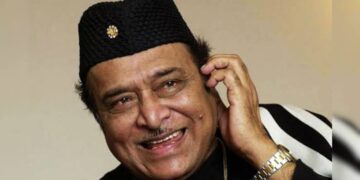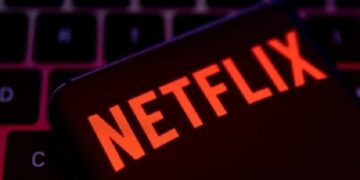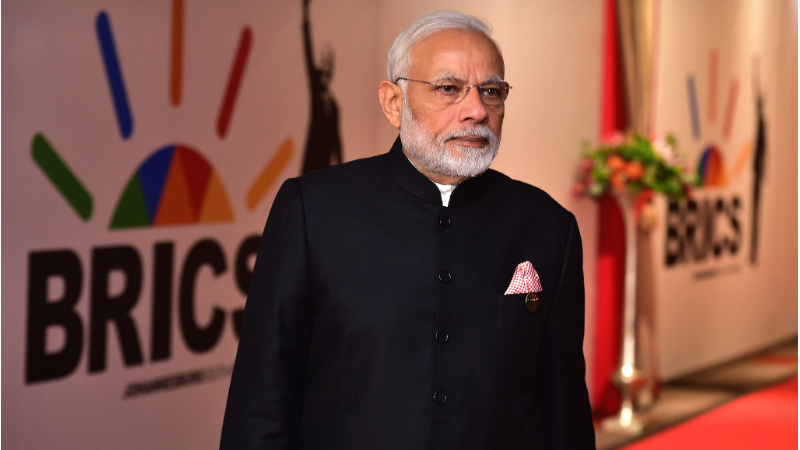By Carlos Frederico Pereira da Silva Gama
On July 6-7, leaders of the BRICS countries – Brazil, Russia, India, China and South Africa – will meet in Rio de Janeiro, Brazil, a quarter of a century after the inception of the acronym.
Russia’s President Vladimir Putin and China’s President Xi Jinping will be absent, with their countries being represented by Foreign Minister Sergei Lavrov and Premier Li Qiang respectively.
The absence of Putin and Xi is likely to put the spotlight firmly on India’s Prime Minister Narendra Modi and Brazil’s President Luiz Inácio da Silva, popularly known as Lula.
India is experiencing a unique moment as the fastest-growing of the G20 economies. Membership in BRICS lends strategic flexibility to this Global South powerhouse that can be considered “friends with everybody”, cooperating with Russia on selected issues while remaining a member of the Quad alliance with the United States.
The leaders’ summit also offers a platform for Modi’s aspirations of global leadership, just a couple of months after the uncertain outcomes of the latest round of military clashes with Pakistan.
As the host nation, Brazil will enjoy a temporary respite from its ongoing political turbulence between supporters of Lula and former president Jair Bolsonaro. For a while, controversies over the slow preparations for the forthcoming COP30 meeting will be set aside.
The BRICS summit marks the latest attempt by the Lula administration to assert its perspective on global affairs, after Brazilian efforts brought no tangible results in Venezuela, Ukraine, or Gaza.
BRICS has been expanding rapidly, and now has a truly global footprint. Egypt, Ethiopia, Iran and the United Arab Emirates joined in 2024. Indonesia, the largest and most populous country in Southeast Asia, joined in 2025.
Now called the BRICS+ group, the ten-nation community has been accompanied since 2024 by a ten-nation group of partner states that include Belarus, Bolivia, Cuba, Kazakhstan, Malaysia, Nigeria, Thailand, Uganda, Uzbekistan and Vietnam. An eleventh country, Saudi Arabia, is listed as a member on the BRICS Brazil 2025 website, but its membership status remains unclear.
The grouping has come a very long way from its beginnings as a portfolio category for global financial investments.
In November 2001, a Goldman Sachs report authored by economist Jim O’Neill proposed that the economic future of the 21st century belonged to emerging economies – Brazil, Russia, India, and China. This evolved into a political movement, as the leaders of those emerging countries began meeting on the sidelines of the United Nations General Assembly to discuss the global economic situation.
By 2008, the commodity boom was nearing its end, and a global financial crisis was triggered by massive defaults in the US real estate market.
Suddenly, the “BRIC” countries became engines of global economic recovery and growth. They also voiced strong criticism of international financial institutions – especially the Bretton Woods institutions, the International Monetary Fund and World Bank – for their collective failure to prevent or adequately respond to the 2008 crisis.
In June 2009, BRICS leaders met for the first time in an official capacity in Yekaterinburg, Russia. The institutionalisation of the BRICS group was followed by the expansion of its membership. South Africa joined in 2011. The expansion has picked up pace in the past couple of years.
Challenges of diversity
The diverse membership of the BRICS+ group presents a challenge in identifying common goals in a fragmented world.
In the division of diplomatic labour, intense negotiations among BRICS members are not matched by common policies on the global stage, which are largely reserved for criticism of existing international arrangements. This posture fuels the call for “updating” current institutions in order to enhance their legitimacy.
BRICS members often unite in their opposition to what they perceive as an unfair global order that operates to their detriment. The group advocates for new patterns of power diffusion to justify institutional reform, especially in times of crisis.
These features place BRICS at a crossroads that will shape its global footprint.
On the one hand, the BRICS group functions as an institutional vehicle for South–South cooperation, largely bypassing norms associated with the liberal international order.
Among members and partner states are countries that have faced Western sanctions for extended periods, such as Russia, Iran, and Cuba. Despite the imposition of severe economic sanctions on Moscow following the Russian invasion of Ukraine, and their enforcement through multilateral institutions, BRICS provided a conduit for continued trade in Russian oil.
This departure from Western norms reinforces one of BRICS’ founding traits – a grouping of non-Western powers that offer acute criticism of the representativeness and efficiency of international institutions, while seeking a level playing field.
On the other hand, BRICS makes little headway in terms of collective action.
The group speaks in normative terms, calling for transformation, but lacks a formal mechanism for collective decision-making. Its defence of multilateralism, sovereignty, and the rule of law exists alongside controversial foreign policy positions such as its neutral stance on Russia’s annexation of Crimea in 2014.
Normative innovations, such as Brazil’s “Responsibility While Protecting” doctrine launched in 2011, were not endorsed or coordinated with other BRICS members.
Internal dynamics limit public demands for global institutional reform.
Although BRICS members share similar criticisms of international financial institutions, their dissatisfaction diverges significantly when it comes to the United Nations system.
Russia and China have paid only lip service to reforming the UN Security Council, acting jointly to maintain the status quo by watering down various reform proposals sponsored by Brazil, India, and South Africa.
Divisions within the group contrast “traditional” powers (Russia and China, permanent members of the UN Security Council) with “emerging” ones (India, Brazil, and South Africa).
Little progress has been made in reforming multilateral institutions to better include emerging powers since BRICS’ inception.
These power splits are compounded by differences in regime type. India, Brazil, and South Africa present themselves as democracies of the Global South, in contrast to the autocratic regimes of Putin’s Russia and the Chinese Communist Party.
BRICS thus constitutes an uneasy mix of countries that critique the Western-led order while having risen to prominence by engaging with it.
By accommodating the diverse circumstances of its members, BRICS plays an important role in fostering South–South ties. However, this breadth also limits the group’s effectiveness in a polarised global order.
Two recent shortcomings highlight its limited political leverage. In June 2025, the group’s response to Israeli and US bombing of Iran (a BRICS+ member) was confined to rhetoric. Moreover, the preparatory meeting of foreign ministers in Rio failed to produce a joint declaration.
Normative ambivalence, combined with limited collective action, has turned BRICS into a pragmatic club.
Since the 2008 financial crisis, the group has shied away from major political controversies, from combating ISIS to the ongoing conflicts in Ukraine and Gaza. As political statements remained vague and reformist ambitions were sidelined, BRICS-related institutions proliferated alongside its growing membership – from the New Development Bank established in 2015 to the proposed guarantee fund to boost investment in member states.
Behind the scenes, the BRICS summit will serve a multitude of purposes for its expanding membership. Several of its members have previously made calls for a “new multilateralism”, a “multipolar world order”, and the renewal of international institutions.
This time, the Global South’s democracies have an opportunity to shape new narratives. Apart from inclusive and sustainable global governance, Brazil set the 2025 summit’s agenda to focus on climate change, artificial intelligence and global health – issues underestimated in previous editions.
The BRICS group may, once again, reclaim a vanguardist position, providing Global South standpoints on these pressing global challenges.
Carlos Frederico Pereira da Silva Gama is an Assistant Professor in the Department of International Relations and Governance Studies, Shiv Nadar Institution of Eminence, and the author of four books including Global Essays – From Arab Spring to Brexit, 2011-2020.
Originally published under Creative Commons by 360info™.















